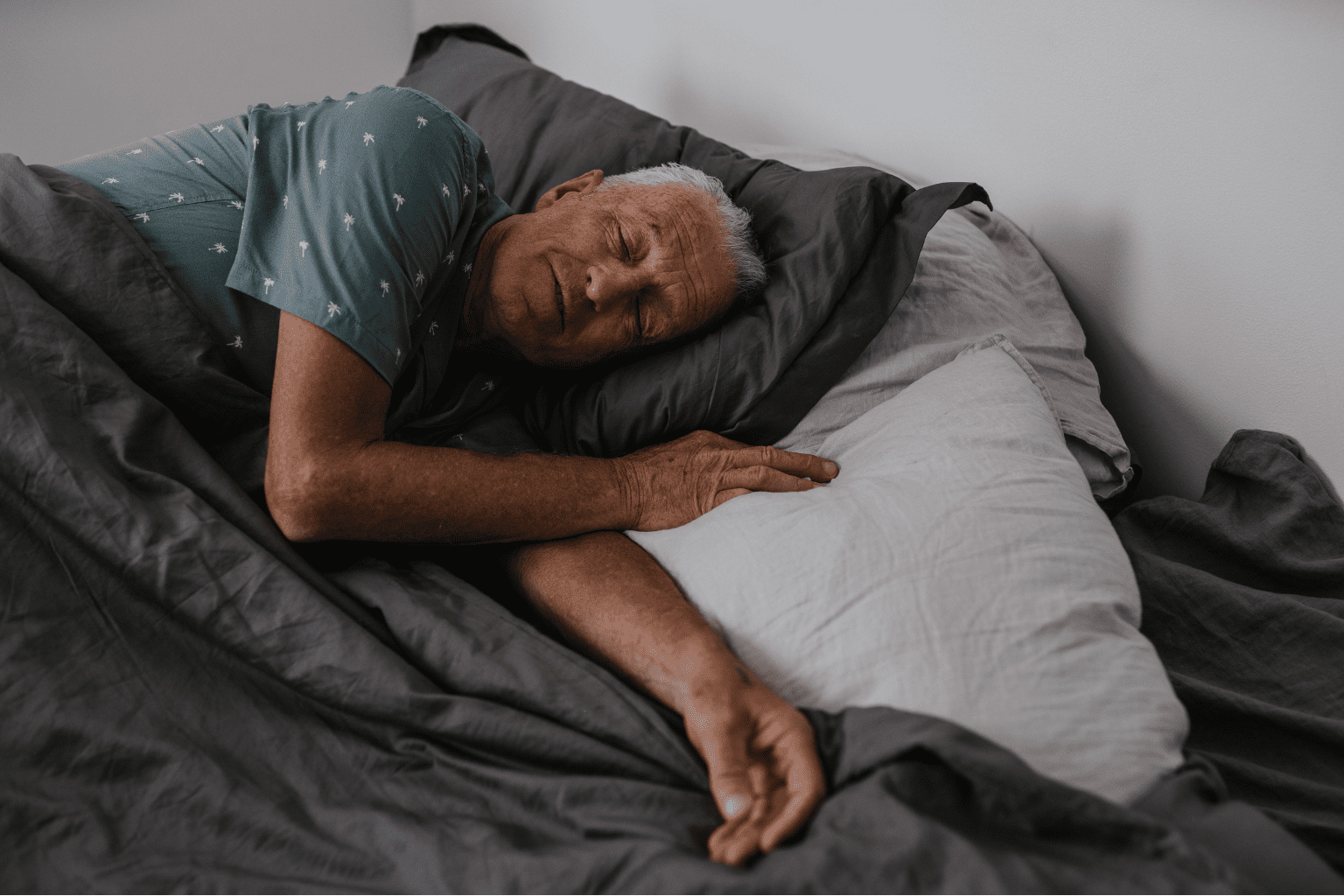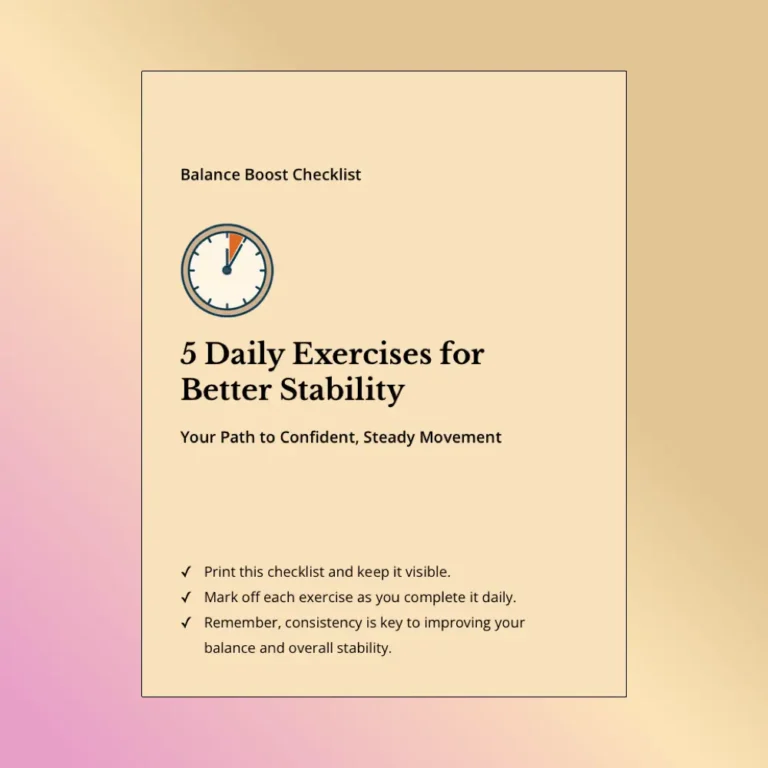
Highlights

When it comes to sleep habits for the elderly, creating an optimal sleep environment can make all the difference in sleep quality and overall well-being. As we get older, our sleep patterns naturally change, making it even more important to establish good sleep practices. This guide walks you through practical strategies to improve sleep hygiene, with a specific focus on optimizing your bedroom environment and developing habits that work especially well for older adults.
Sleep hygiene refers to healthy sleep habits and practices that help you get consistent, uninterrupted sleep. This includes everything from your sleep environment to your daily routines and lifestyle choices. Good sleep habits lead to better sleep quality, which is crucial for both physical and mental health in older adults.
As we age, our bodies undergo various changes that affect sleep. Many older adults experience shifts in sleep patterns, less sleep overall, and more nighttime awakenings. Poor sleep can worsen health conditions, affect thinking abilities, and reduce quality of life in older adults. That’s why focusing on proper sleep hygiene is so important for maintaining health and energy in your later years.
Finding the right temperature for your bedroom is key to good sleep. The best room temperature for a comfortable sleep typically falls between 60 to 67°F (15 to 19°C).
Light plays a big role in regulating your body’s internal clock.
Unwanted noise can really interfere with getting good sleep and can seriously affect sleep quality.
Choosing the right bedding makes a huge difference in how well you sleep.
Having a regular sleep routine can really improve your sleep quality. Going to bed and waking up at the same times every day helps regulate your body’s internal clock, making it easier to fall asleep and wake up feeling refreshed. A consistent sleep schedule is particularly important for older adults who may experience fragmented sleep.
What you eat can affect how well you sleep.
Regular physical activity can help older people sleep better.
Stress and worry can make it hard to fall asleep.
Insomnia in older adults is a common sleep disorder that can significantly impact quality of life. If you’re having trouble with insomnia, you might consider natural remedies such as herbal supplements or melatonin. However, it’s important to talk with your doctor before starting any new supplements. Treatment for insomnia in older adults often requires a multifaceted approach.
Seniors have a higher risk of sleep disorders like sleep apnea and restless leg syndrome. Sleep disorders in older adults can lead to serious health issues if left untreated.
The Sleep Foundation notes that adults aged 65 and older often do not get enough sleep due to various sleep problems in older adults. If you’re experiencing persistent sleep issues, consider exploring resources about sleep issues in the elderly for more targeted advice.
What’s the ideal room temperature for sleeping? The best temperature for sleeping comfortably is between 60-67°F, which helps prevent overheating and reduces sleep disturbances.
What type of mattress works best for seniors? Memory foam mattresses and adjustable beds are often recommended for older adults because they provide customized support and comfort for aging bodies.
How can I maintain a consistent sleep schedule? Establish a regular sleep routine, use reminders to signal when it’s time for bed, and try to limit daytime napping to improve your nighttime sleep quality.
Is it normal for sleep patterns to change as I get older? Yes, it’s completely normal. As we age, our sleep architecture changes—we often experience less sleep as they age, more frequent awakenings, and earlier morning wake-up times. Sleep and aging are naturally connected, with many older adults requiring less sleep than younger adults.
How much sleep do older adults need? While individual needs vary, most older adults need 7-9 hours of sleep each night for optimal health. However, many older adults often get less sleep than recommended.
How long before bed should I stop eating? Try to finish your last meal at least 2-3 hours before bedtime to give your body time to digest properly before sleep.
Good sleep hygiene is incredibly important for older adults’ health and has a significant impact on overall well-being. By optimizing your sleep environment, sticking to a consistent sleep schedule, and making thoughtful lifestyle choices, you can improve sleep quality considerably. Sleep tips for older adults shared in this article can help address common sleep problems that interfere with sleep.
The Sleep Foundation emphasizes that proper sleep hygiene can help promote healthy sleep habits, but some older adults may still experience difficulty falling or staying asleep. In these cases, it’s important to consult with healthcare providers who can offer specialized sleep tips for older adults.
Take some time to implement these strategies—your future self will thank you for all those restful nights ahead. Remember that lack of sleep is associated with various health issues, making sleep hygiene tips particularly valuable for maintaining quality of life in older adults.
Feeling inspired? We’d love to hear your tips or experiences with improving your sleep habits. Share your thoughts in the comments below!
If you’re looking for practical ways to manage anxiety that might be affecting your sleep quality and duration, you might find helpful information in this article about anxiety management for seniors.
This video offers practical strategies specifically designed to help older adults improve their sleep hygiene and achieve a good night’s sleep.
Take charge of your sleep today and embrace the peaceful nights that await!
